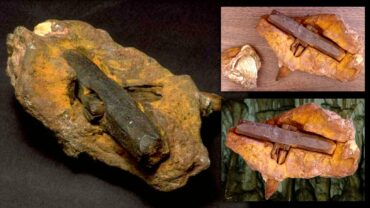A Thousand-Year-Old Intact Chicken’s Egg Discovered In Israel
This is how it happened. An extraordinary discovery from the Islamic period: An egg has been found in the bathroom. At least its internal organs can contribute to DNA research in ancient chickens.
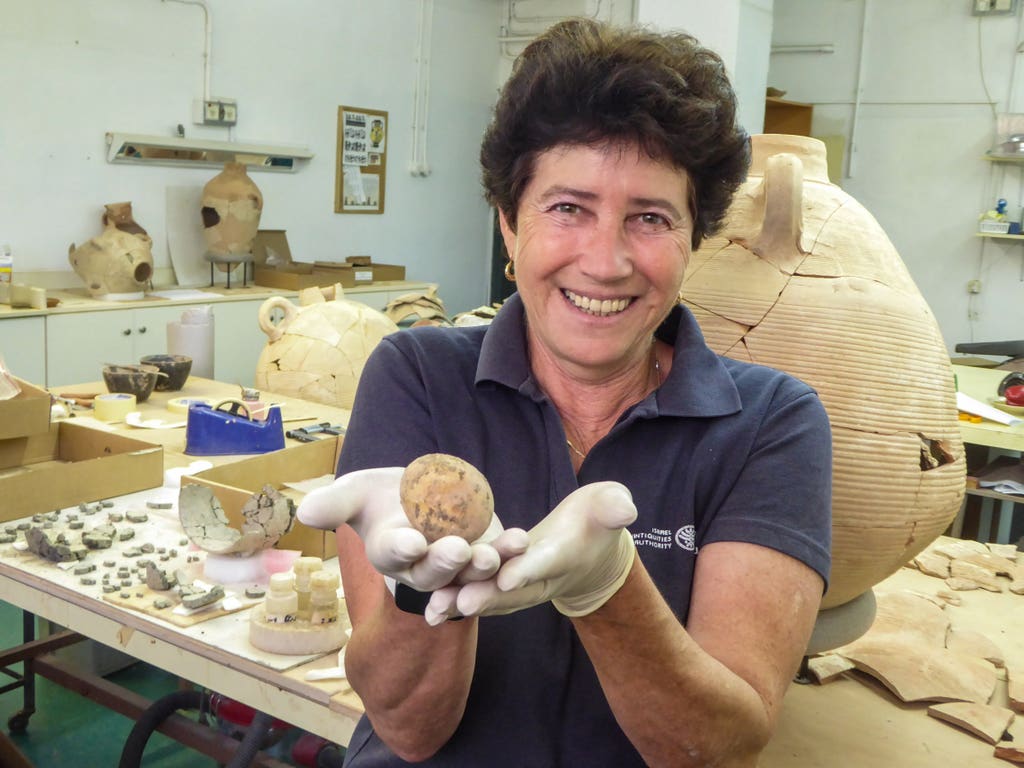
During the excavation of a Byzantine settlement, archaeologists have found an almost completely intact but almost empty egg and three rare bone dolls since the Islamic era.
According to the Israel Antiquities Authority, Archaeologists discovered an incredibly unique, nearly entirely intact 1,000-year-old chicken egg during recent excavations in the central village of Yavne.
The archeologists discovered this surprising egg during an IAA salvage excavation of a historic cesspit dating back to the Islamic period when they were conducting ahead of the development of a new neighborhood.
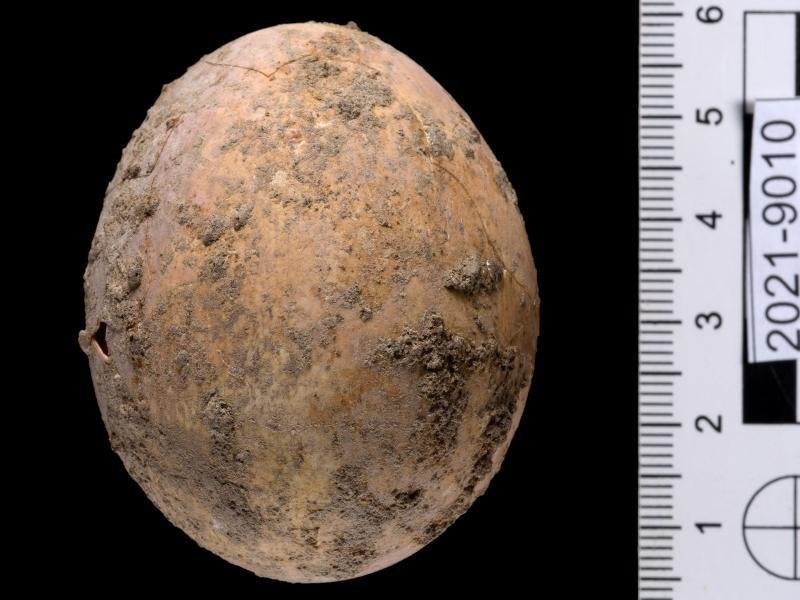
According to an IAA new statement, archaeologists were surprised to discover a fragile ancient chicken egg completely preserved a thousand years ago, initially buried in the soft human dung within a cesspit.
“The unique preservation of an egg is clearly due to centuries-old conditions embedded in a cesspit containing the soft human excrement that preserved it,” said IAA archaeologist Alla Nagorsky, the site’s excavation director. “Even today, eggs can’t survive long in the carton’s supermarket. It’s incredible to realize that this is a 1,000-year-old discovery!”.
Most of its contents poured out because the shell was slightly damaged, but some of the yokes remained inside, facilitating future examination.
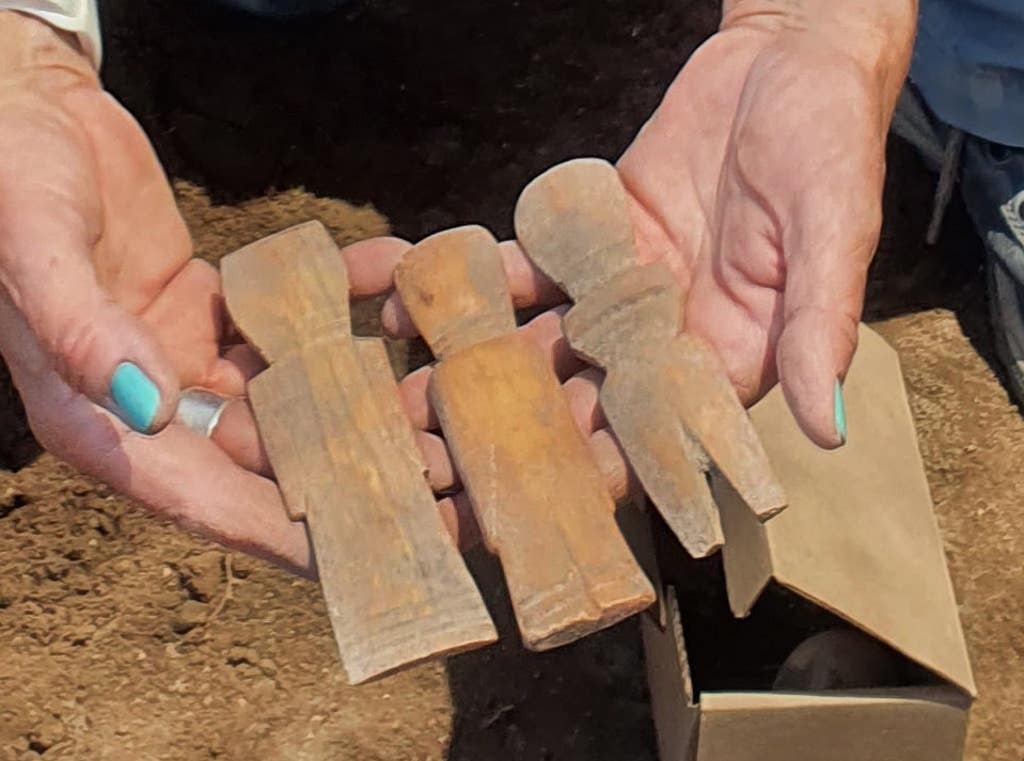
Since the Hellenistic and early Roman periods, chickens have been bred in Israel to produce eggs and meat.
Pork consumption in the 7th century, when the Islamic period began, was substantially reduced compared to previous centuries, according to bone assemblages in the land.
“Families needed a ready-to-use protein substitute that didn’t require a refrigerator or preservatives, and they found it in eggs and chicken meat,” said Perry Gal.
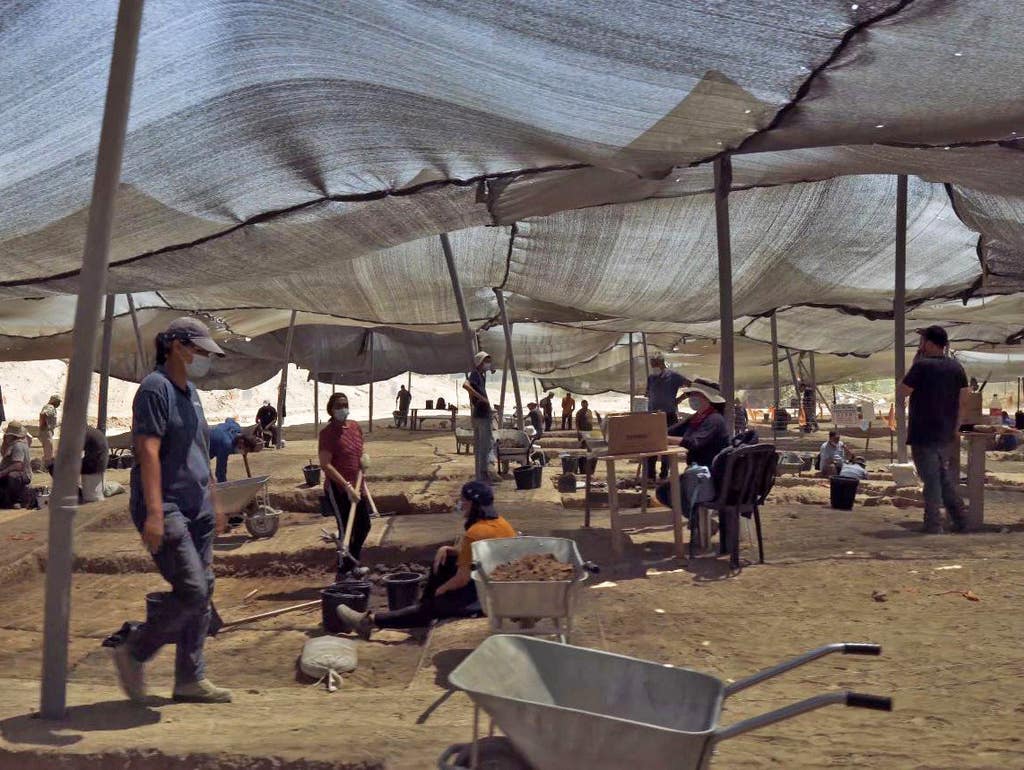
The egg cracked more when removed from the site, but the archeologists restored it to its original condition at the IAA Organic Labs.
Other items also have been found in the cesspit, such as three bone dolls from the same period.
The excavation was carried out as part of the plan to build a new community in Yavne. Under the provisions of the law in Israeli, all construction projects must be accompanied by a salvage excavation.

